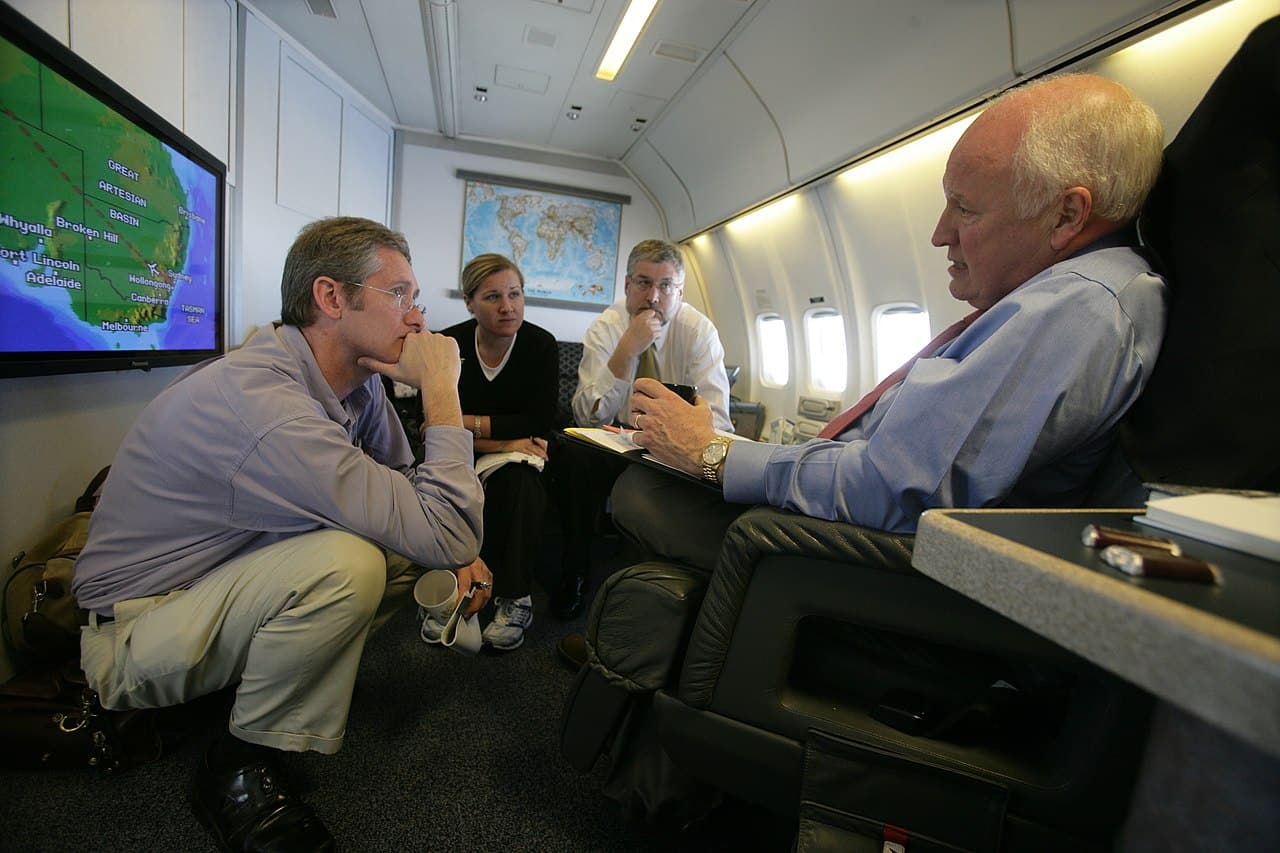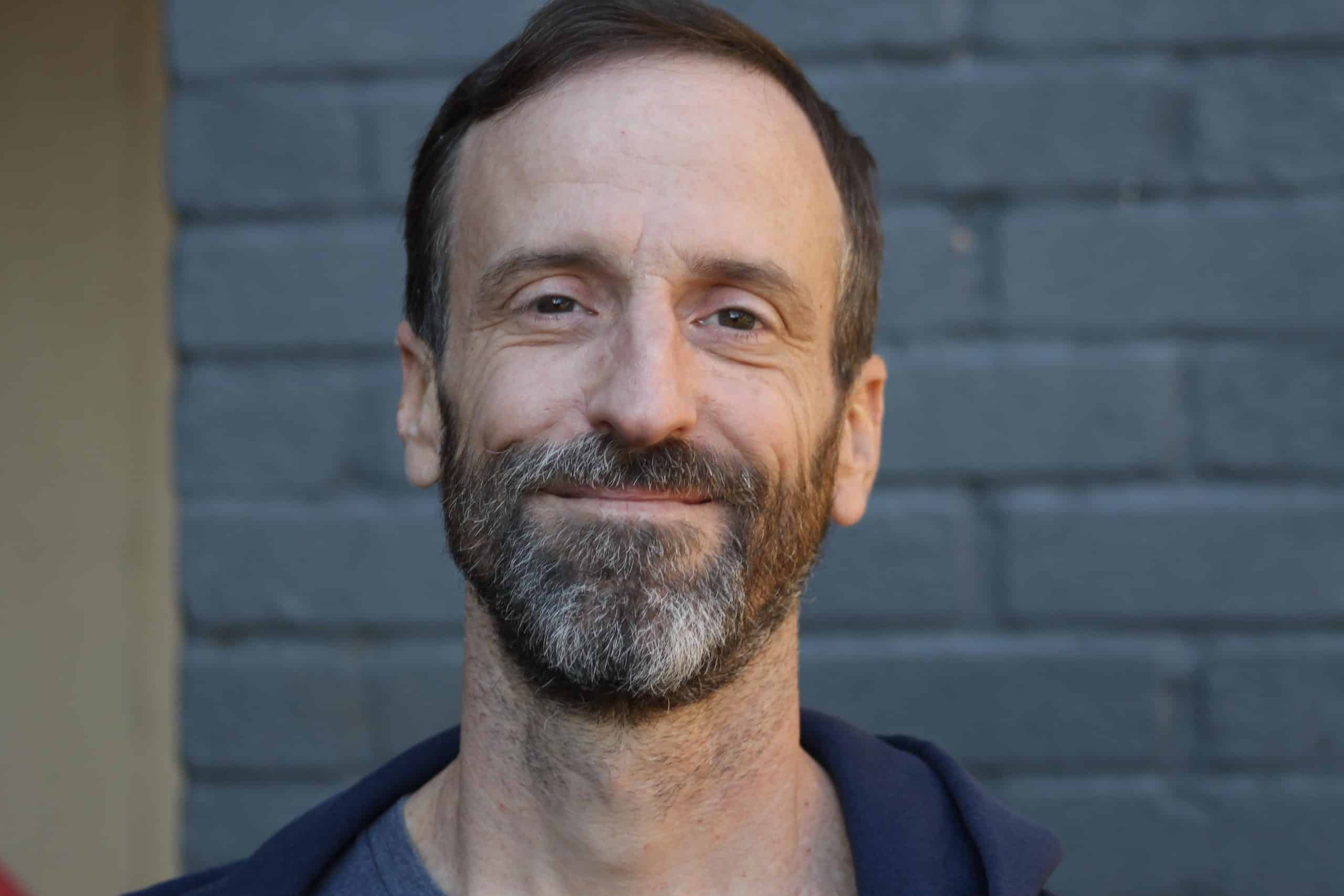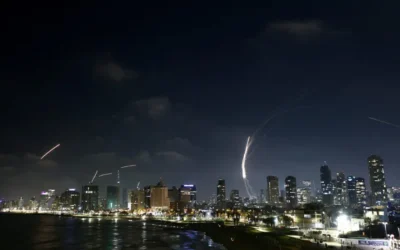Iraq Needs Regime Change Again
The United States faces an increasingly urgent set of first-order policy questions in Iraq. Spoiler alert: The answer is not Mohammed Tawfiq Allawi, Iraq’s newly designated prime minister. A popular uprising might be.
Allawi’s recent nomination to be Iraq’s next leader is a dead end, for Iraq and the United States alike. He has no chance of resolving the two fundamental crises now plaguing the country: first, the collapse of legitimacy of Iraq’s post-2003 political class, and second, Iraq’s ever-expanding subjugation by Iran and its local Shiite Islamist proxies. The United States would be well advised to keep its distance from Allawi’s candidacy and instead focus its energies on supporting the extraordinary protest movement that has upended Iraq’s politics since late last year, and whose demands for sovereignty, independence, and clean government represent the last best hope for salvaging not just Iraq, but the future of U.S.-Iraqi relations as well.
It is hard to overstate the importance of the mass demonstrations that erupted in Baghdad on Oct. 1, 2019, and rapidly spread to every major city in southern Iraq. Dominated by young people (close to 60 percent of Iraq’s population is now under 25), the protesters are overwhelmingly Shiites—Iraq’s largest religious sect. But from the beginning, they have called for a complete overhaul of the Shiite-dominated regime that has ruled them since the fall of Saddam Hussein, charging it with being irredeemably corrupt, incompetent, and fatally infected by sectarianism, Islamism, and Iranian penetration.
































![The Kyle Anzalone Show [GUEST] Dave DeCamp: BREAKING: Tucker Carlson detained in ISRAEL! – Trump’s Iran Strategy Exposed!](https://offload-wp-files.sfo3.digitaloceanspaces.com/2026/02/Screenshot-2026-02-27-115531-400x250.png)